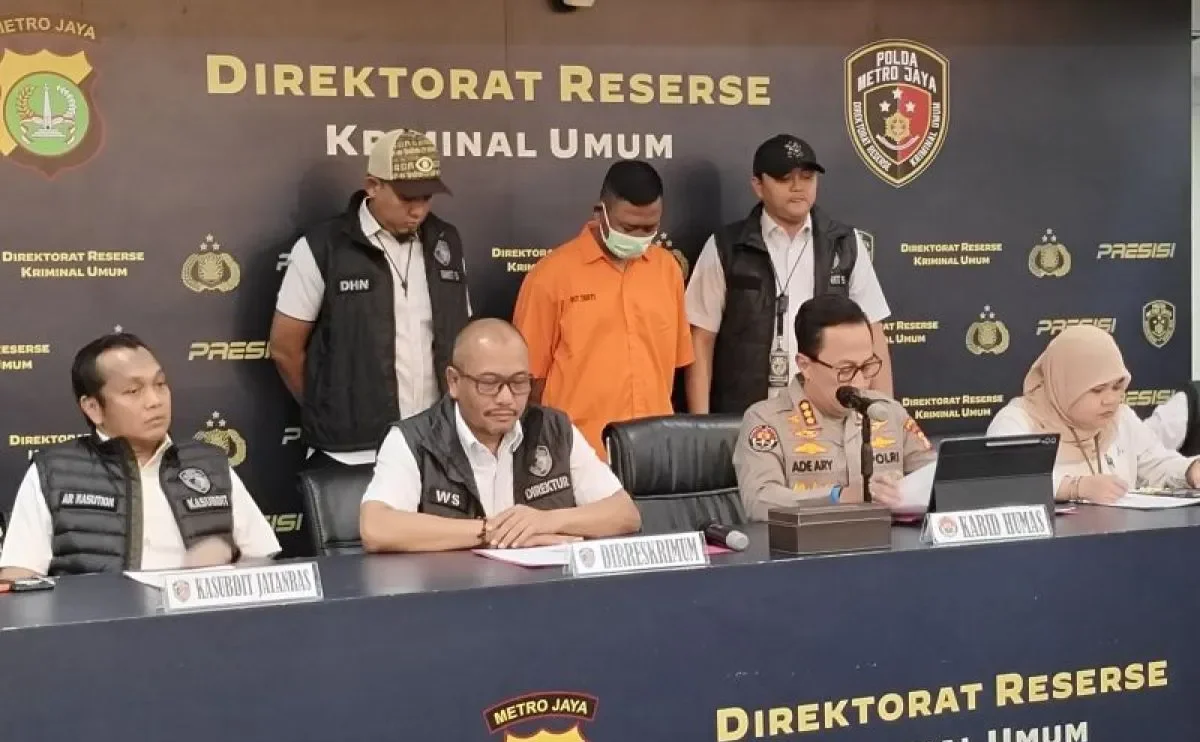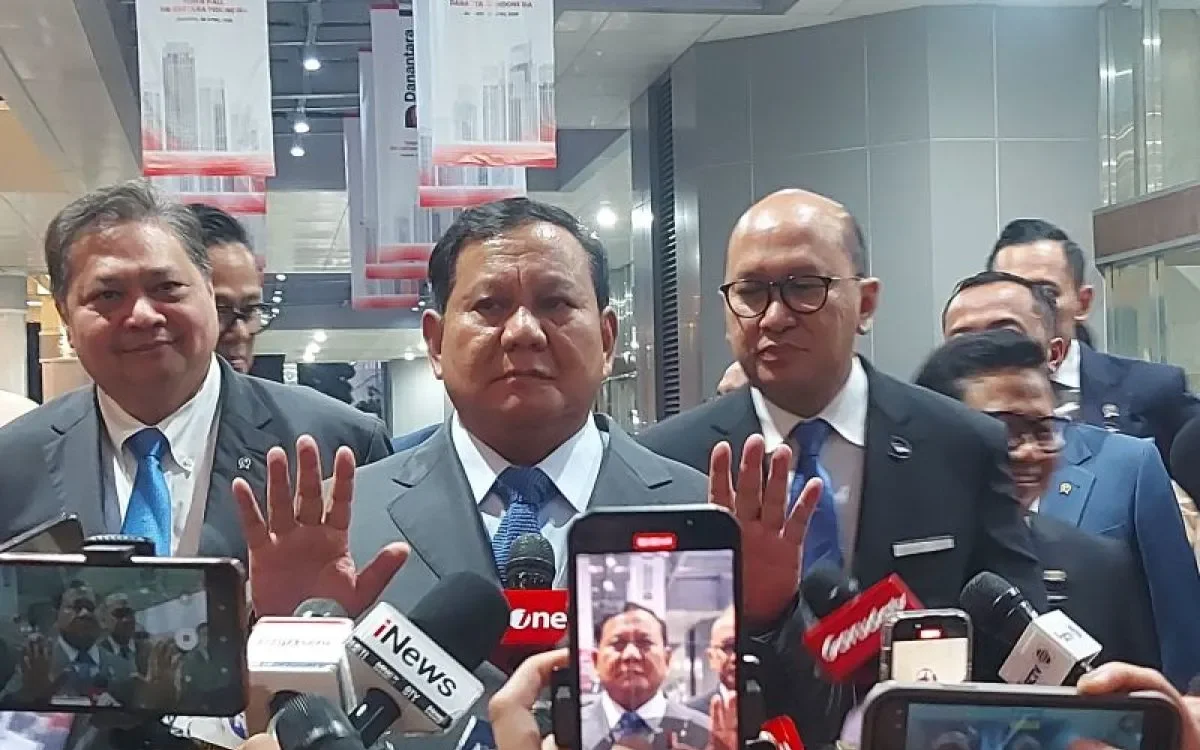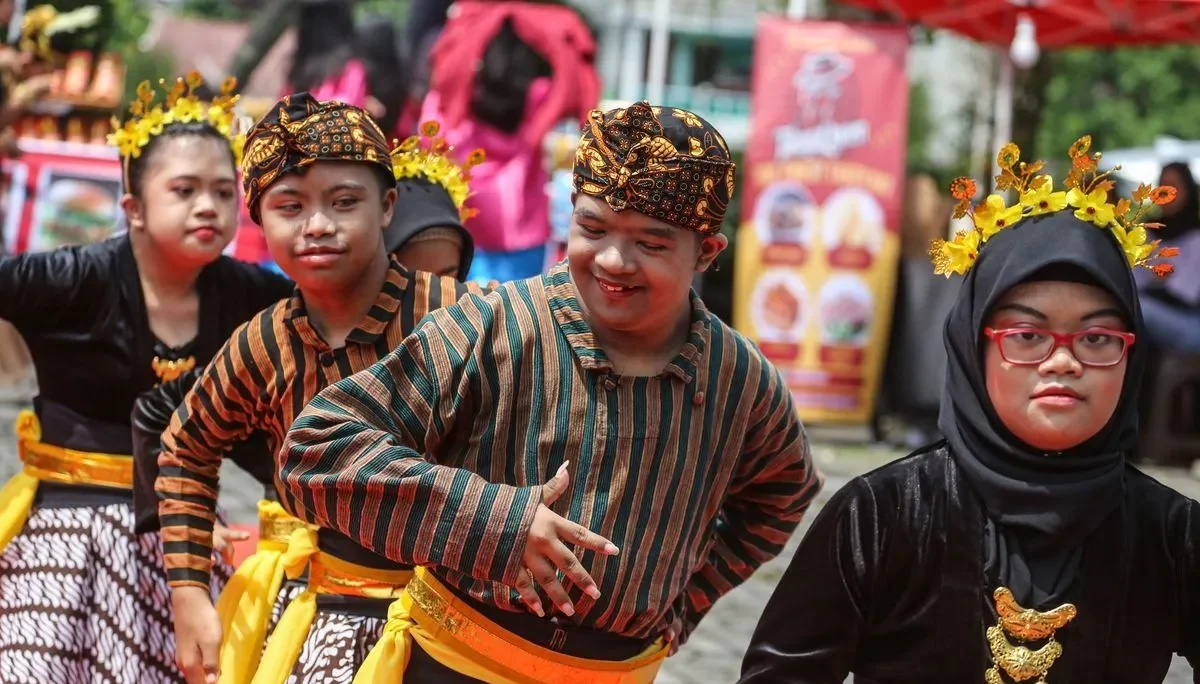
May Day and a National Moment with President Prabowo

Jakarta, Xweb.biz.id – President Prabowo Subianto’s presence at the International Workers’ Day (May Day) commemoration at Monas, Central Jakarta, on Thursday (May 1) was more than a ceremonial gesture. It marked a symbolic moment—a political and national signal—that deserves attention not only from the labor movement but also from all elements of society hoping for unity in the face of global uncertainty.
Roundtable 98 Cipayung, a group of former 1998 student activists and ex-members of the Cipayung Group, publicly praised the president’s attendance. As Haris Rusly Moti, one of its members, pointed out, Prabowo is only the second president in Indonesian history—after Sukarno—to personally attend a May Day event. That fact alone should not be underestimated.
In an era of increasing global economic volatility, President Prabowo’s responsiveness to labor concerns, particularly through the formation of the Layoff Protection Task Force, shows a government willing to listen and act. The task force isn’t just about shielding workers from layoffs; it’s also a strategic move to safeguard national industries from the ripple effects of international crises.
What is perhaps most commendable is the maturity shown by the country’s labor union leaders. Their call for unity—not only among workers but also between workers and the government—reflects a growing awareness of shared responsibility in nation-building. This year’s May Day was not marked by chaos or division but by peaceful, creative, and organized demonstrations of solidarity.
Workers have long been at the forefront of grassroots political awareness. This May Day, they demonstrated that they can also be pioneers of national unity. As Haris stated, their actions set a much-needed example in an increasingly fragmented global landscape.
The optimism expressed by Roundtable 98 Cipayung—that local leaders will follow President Prabowo’s example—is not unfounded. For once, the state and the street seem to walk in the same direction, albeit cautiously. The emphasis on persuasive and humane security measures, rather than repressive force, further indicates a shift toward dialogical governance—one that prioritizes understanding over confrontation.
May Day under Prabowo’s leadership may not solve every labor issue overnight. But it marks a change in tone, a soft but firm reminder that leadership is also about showing up, listening, and building trust. In times like these, such gestures matter.



